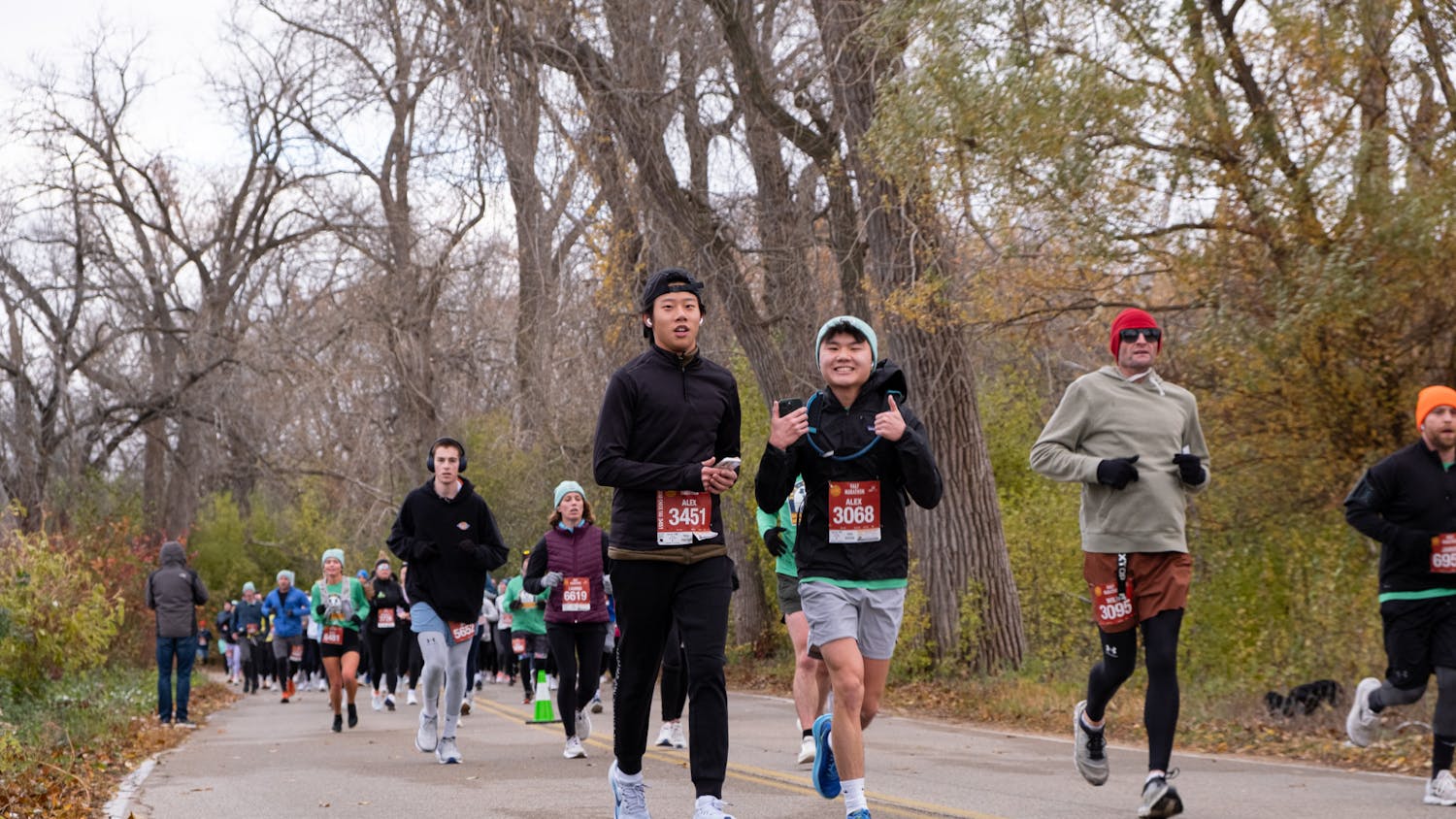At the biannual Policy Alternative Community and Education Project (PACE) meeting last week, community and university officials discussed lowering the legal drinking age. This discussion came as a result of the Amethyst Initiative's growing support - a coalition of chancellors and presidents from universities and colleges across the nation focused on discussing the current drinking age. They agree that the minimum age of 21 for legal alcohol consumption has not prevented college students from partaking in heavy drinking and that something must be done to try to stop this problem. The Amethyst Initiative suggests universities need to rethink the idea of lowering the minimum legal age for consumption back to 18, and that this may have an effect on the currently dangerous drinking culture plaguing many colleges and universities.
However, how will making alcohol legal to all college students solve the drinking issue? Will making alcohol even more accessible to 18-year -olds stop them from engaging in binge drinking? Lowering the legal drinking age will not solve the issue of heavy drinking amongst college students; yet this does open up discussion on the topic and does bring further into light the problem of heavy drinking among students on campuses.
According to a Harvard University study from 1999, the percentage of binge drinkers was uniform from freshmen to seniors in college. Clearly, binge drinking is a serious problem for freshmen and seniors alike, even though seniors are able to legally purchase alcohol. Judging from this study, giving freshmen the opportunity to legally purchase alcohol will likely not solve anything, since seniors who right now can legally obtain alcohol evidently are not abstaining from binge drinking. So how exactly will giving freshmen, sophomores and many juniors the legal right to consume alcohol solve anything, considering that young adults who can legally imbibe participate equally in binge drinking?
At the age of 18, we become legal adults. We can join the military to fight and die for our country. We can serve on a jury to help determine a person's innocence or guilt of a crime. We can participate in the electoral process and help decide the next leaders of our country. But apparently we are not mature enough to have a beer. And perhaps we are too immature - evidently many of us do not know how to control how much alcohol we consume. Because we are granted the responsibilities to have the right to join the military, serve on a jury or vote, I believe we should also have the right to have a drink. People cannot expect, however, that lowering the drinking age will reduce the prevalence of drinking among college students and other young adults.
Although lowering the legal age will likely not result in any change in the drinking culture on and around college and university campuses, it does bring more discussion toward solving the problem of heavy drinking amongst college students. According to a 2008 ongoing survey by PACE, currently around a quarter of UW-Madison students have binged three or more times in the past two weeks, and another quarter of students have binged once or twice in the same period of time.
Obviously, there is a major problem of heavy drinking amongst college students, especially in Madison. Although allowing younger adults to legally drink alcohol will not solve anything, the discussion promoted by the Amethyst Initiative does encourage university and college administrators to explore alternative solutions to the college drinking dilemma - however extreme those solutions may be.
I agree that the minimum age of 21 is not preventing younger people from drinking heavily, but lowering the legal age of alcohol consumption will not solve anything. What the Amethyst Initiative is doing is right: It is opening up more discussion amongst university and college heads about alternative routes that they may take to combat the problem. Hopefully, this will eventually resolve the problem of heavy drinking amongst college students.
Ryan Dashek is a junior majoring in biology. Please send responses to opinion@dailycardinal.com.





